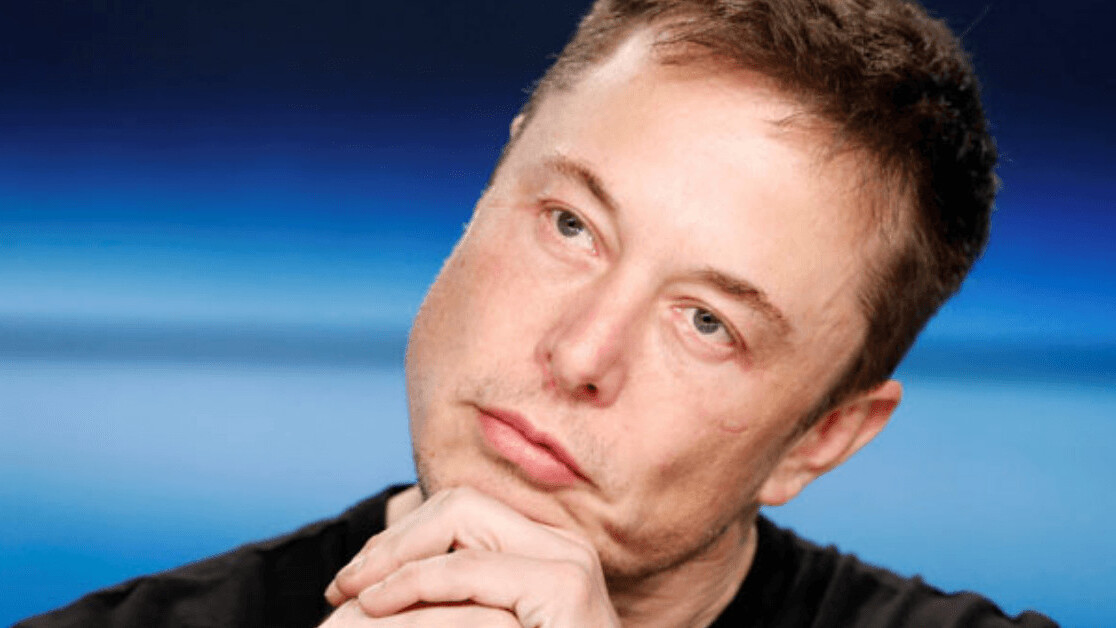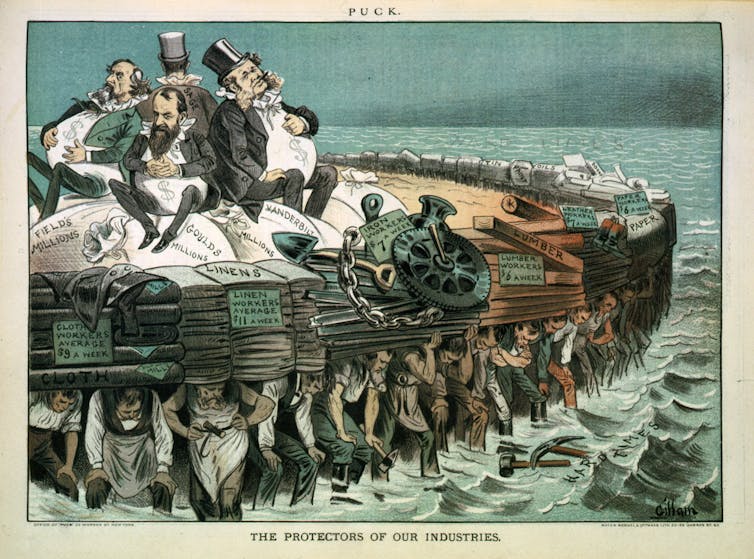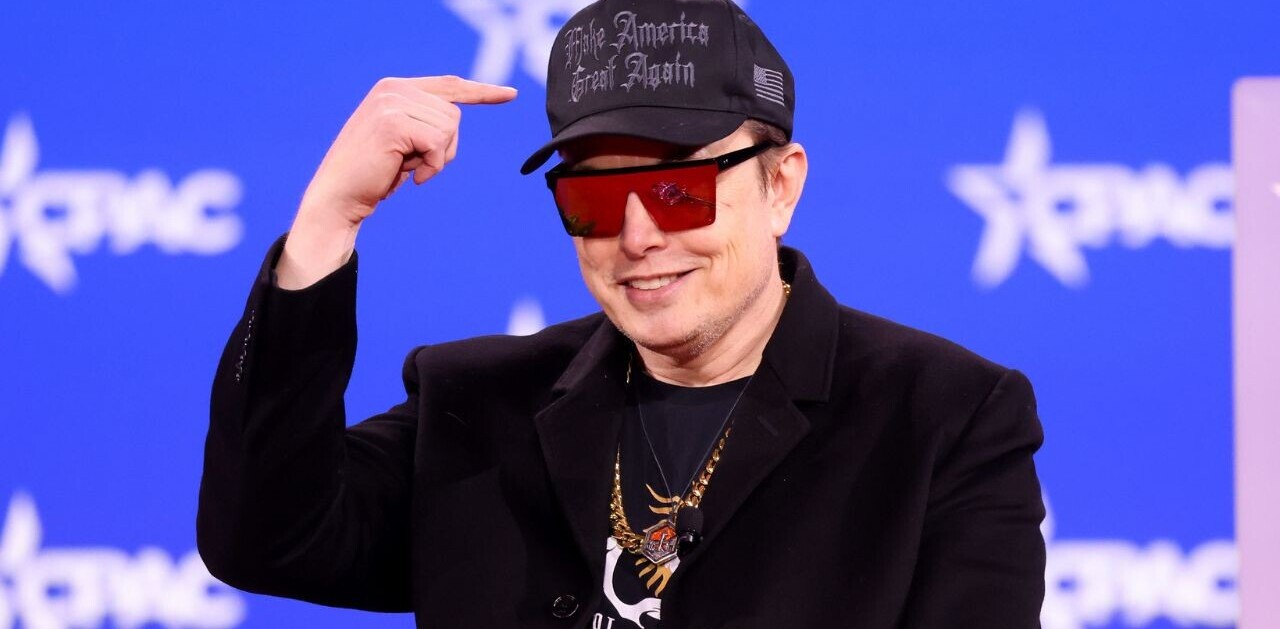
We all know that organizations are made up of many people, so why is it that the leaders get all the credit and most of the cash? In the Iron Man films, Tony Stark, the president of Stark Industries, is presented as a wild innovator and technological genius.
He swipes at virtual screens, cuts and welds, and stays up for days. This is what a boy wonder looks like. Apart from a few people in suits, we never see the employees, the people who make the profits that allowed Stark Industries to build its Manhattan skyscraper.
From Steve Jobs and Bill Gates onwards, the heroic owner of a tech company has become a familiar figure in the global business pages. Characters like Elon Musk (PayPal), Mark Zuckerberg (Facebook), Jeff Bezos (Amazon), Sergey Brin (Google), and Travis Kalanik (Uber) have made billions.
Theirs is the kind of wealth and power that hasn’t really been seen since Victorian industrialists and US robber barons. Do they deserve it?
If there’s a story that unites success in Silicon Valley and the new economy that’s given us iPhones and Uber, it’s that geek innovators are rewarded. Engineer the killer app and the cash will roll in. Big brains mean a big pay day. It may be a new economy, but this is a very old mistake.
The idea that those at the top of a business are the ones who should be celebrated makes little sense to anyone who actually works in an organization like Tesla. They might be the ones who make the headlines, but it’s the ordinary employees who do the work and produce the value.

In 2017, Tesla employed 37,543 people. One of those people is Elon Musk. Whether he founded the company seems unclear, but he bought into it in 2004. He is also CEO of SpaceX and Neuralink. He is worth over US$20 billion, and is usually paid in stock for being CEO.
According to the employment website indeed.com, the average salary at Tesla ranges from approximately US$38k to US$147k. Not bad money really, but it means that even a top earner at Tesla would take 133,000 years to amass Musk’s fortune.
So, either what he does is 133,000 times more important than what they do, or this is a massive confidence trick. We can see it in lots of sectors of the economy, but it’s in tech – where Apple and Amazon recently became the world’s first companies to be valued at a trillion dollars – that it seems most extreme.
Leading the way or leading the pay?
It’s common to suggest that leaders matter, and that they should be paid more for the awesome burdens that they shoulder. In our fascination with people like Steve Jobs and Bill Gates, we seem to believe that their personal genius has been behind every stroke of innovation, every product that people camp outside shops to buy.
But let’s consider what “innovation” actually means in practical terms. In order to produce a piece of new hard or software, a large number of smart people have to write a lot of code, engineer some very complex products, then manufacture, market and distribute them, all the while paying salaries, bills and taxes.
Google doesn’t operate on the basis that Sergey Brin and Larry Page run around the Googleplex being clever all day. Indeed, you would hope that most of the 85,000 people who work for the company are pretty good at writing code, doing engineering and administering.
That’s what businesses do. They gather together people and technology in complex patterns to produce things and services that people will pay for. It’s a collective effort, not just the outcome of a few clever brains. Yet the patterns of reward in the new economy seem just as asymmetric as those in the old.
Tesla is a company that has a long line of accusations about sexist and racist employment policies as well as health and safety breaches. It is also a company that is said to be anti-union, has received generous state support, and which has a CEO who reportedly benefits from a web of interrelated ownership structures in his companies. This sounds like old style capitalism at work, and the robber barons would have been impressed.

The anarchist art critic Herbert Read, in an essay published during the Second World War entitled The Cult of Leadership suggested that there was a close link between the idea of leadership and fascism. He suggests that the alternative to glorifying leaders is “collective responsibility”, in which people are differentiated according to their function, but socially equal.
In the 70 years since Read’s essay, leadership has gone from being a cult to becoming a fully sanctified religion with business schools as its temples. Leadership is told and sold as the answer to all our problems, as if one person’s charisma is enough to move mountains.
The glorification of these new tech moguls is a textbook example. The problem is that it discourages us from thinking about innovation as a collective effort, as well as something that is supported by taxpayers. Perhaps it’s time we stopped worshipping Tony Stark.![]()
This article is republished from The Conversation by Martin Parker, Professor of Organisation Studies, University of Bristol under a Creative Commons license. Read the original article.
Get the TNW newsletter
Get the most important tech news in your inbox each week.





